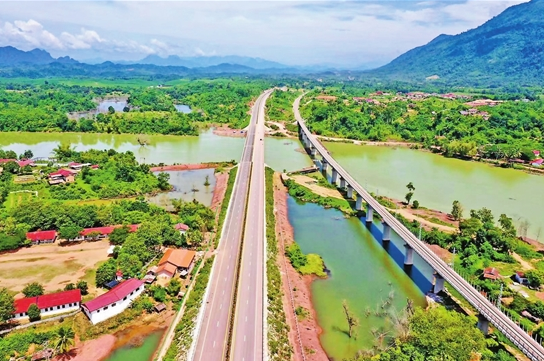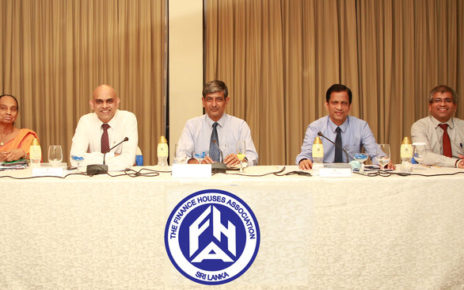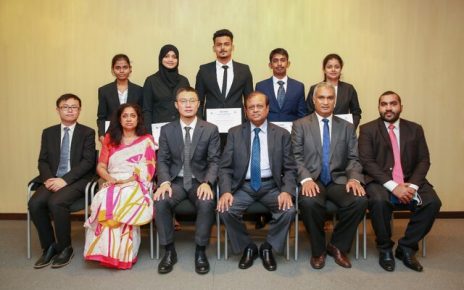The first phase of the China-Laos Expressway from Vientiane to Vangvieng section (Vientiane-Vangvieng Expressway) that jointly developed by Yunnan Construction and Investment Holding Group with the cooperation of the Laos government, was officially opened on December 20th.
The completion of the project will end the history of the absence of expressways in Laos. Traveling from Vientiane to Vangvieng only takes about one hour, saving two and a half hours, and it will promote the effective development of regional resources, improve the livelihood of the Laos people along the route, deepen cooperation in socio-economic trade, and cultural exchanges.
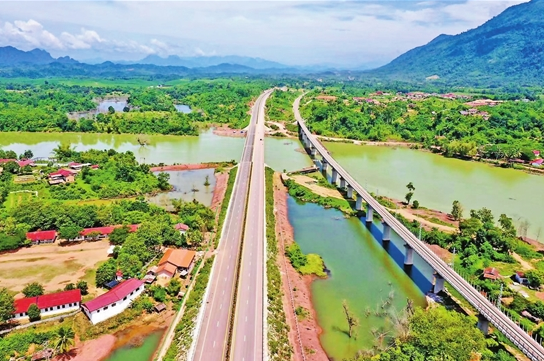
The Vientiane to Vangvieng Expressway is the first smart expressway in Laos. Huawei cooperated with its partner, Yunnan Huayuan Electronics Co., Ltd. to build the secure, stable, and intelligent ICT platform for this smart expressway based on the global leading information and communication technology (ICT), cloud computing, Internet of Things (IoT), and security management system. Huawei’s data communication and transmission equipment deployed along the route build a digital perception, interaction, transmission, and the application integrated solution that using big data analysis and other technical means to implement all-scenario solutions such as real-time intelligent monitoring, intelligent charging, emergency response, and decision analysis.
In 2021, the 5G network to be built in Laos will be integrated with this smart expressway. The future of 5G+AI technology will further upgrade the intelligent level of expressway and will facilitate the development of infrastructure in Laos.
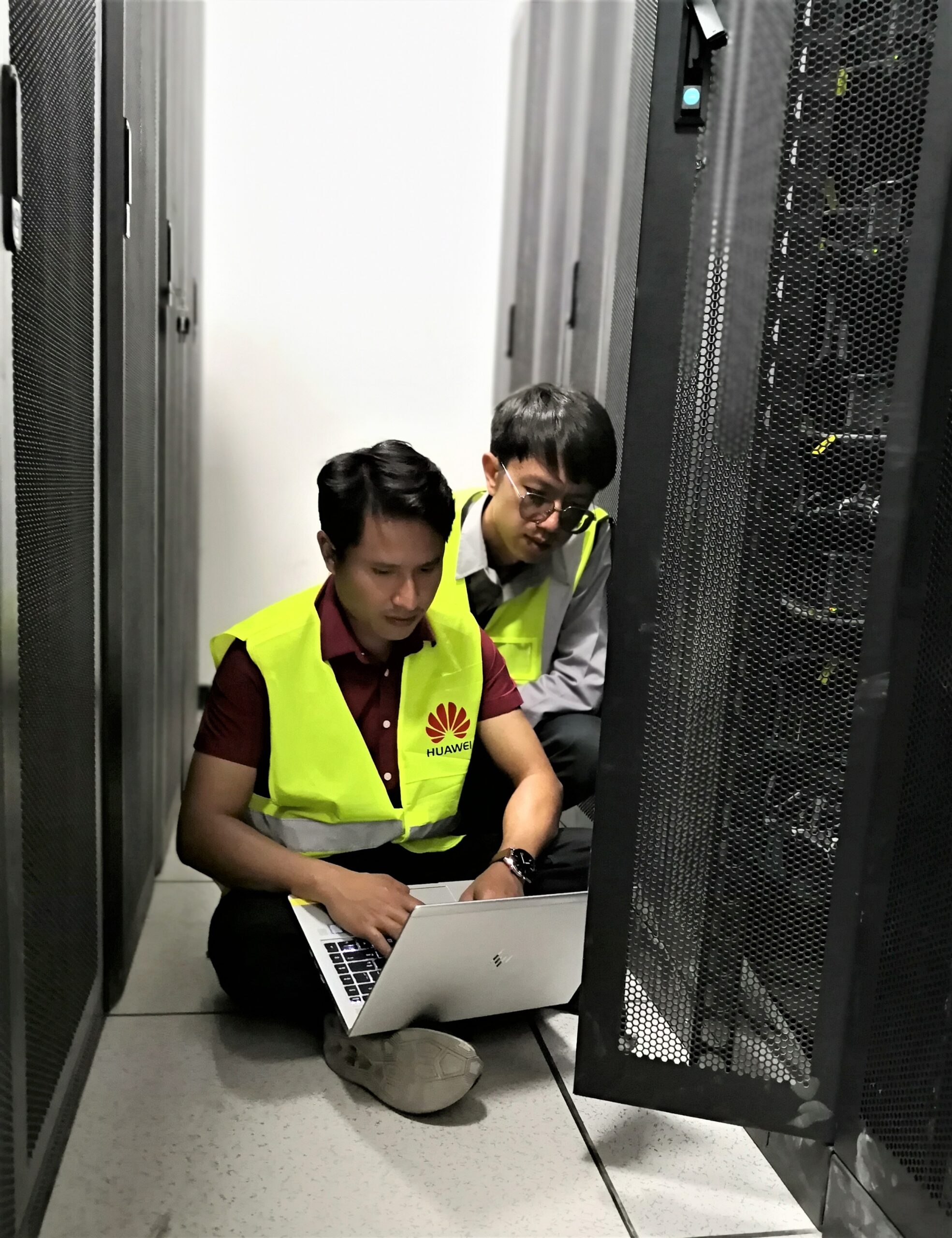
The starting point of the Vientiane-Vangvieng Expressway is located in Vientiane, the capital of Laos, and the ending point, Vangvieng, is in the one of the most famous tourist cities in Laos. The opening of this expressway will greatly improve local transportation conditions, improve transportation efficiency, promote the development of economy and tourism along the way, and effectively benefit the local people.
Phokham, a staff member of Tmark Resort Vangvieng, is pleased to express that: “There has been a significant increase in hotel bookings during this period. Tourists also show the admiration to the travel experience on the Vientiane-Vangvieng expressway that it integrates high-tech and engineering construction, modern concept, and cutting-edge technology to ensure driving safety. I believe that after the opening of this expressway, it will help to boost the tourism and economic development, and my income will also increase accordingly.”

Nanthavath, who works at Vientiane, drove with his family to experience and witness the opening of the first expressway in his hometown. “The new road is wider, faster and safer than the old one. It used to be a day of driving back and forth from Vientiane to Vang Vieng, and it only use more than an hour to reach Vang Vieng now. With the use of ETC, it will facilitate the rapid and orderly traffic, and ICT technologies will make the traffic smarter and more convenient,” he said.
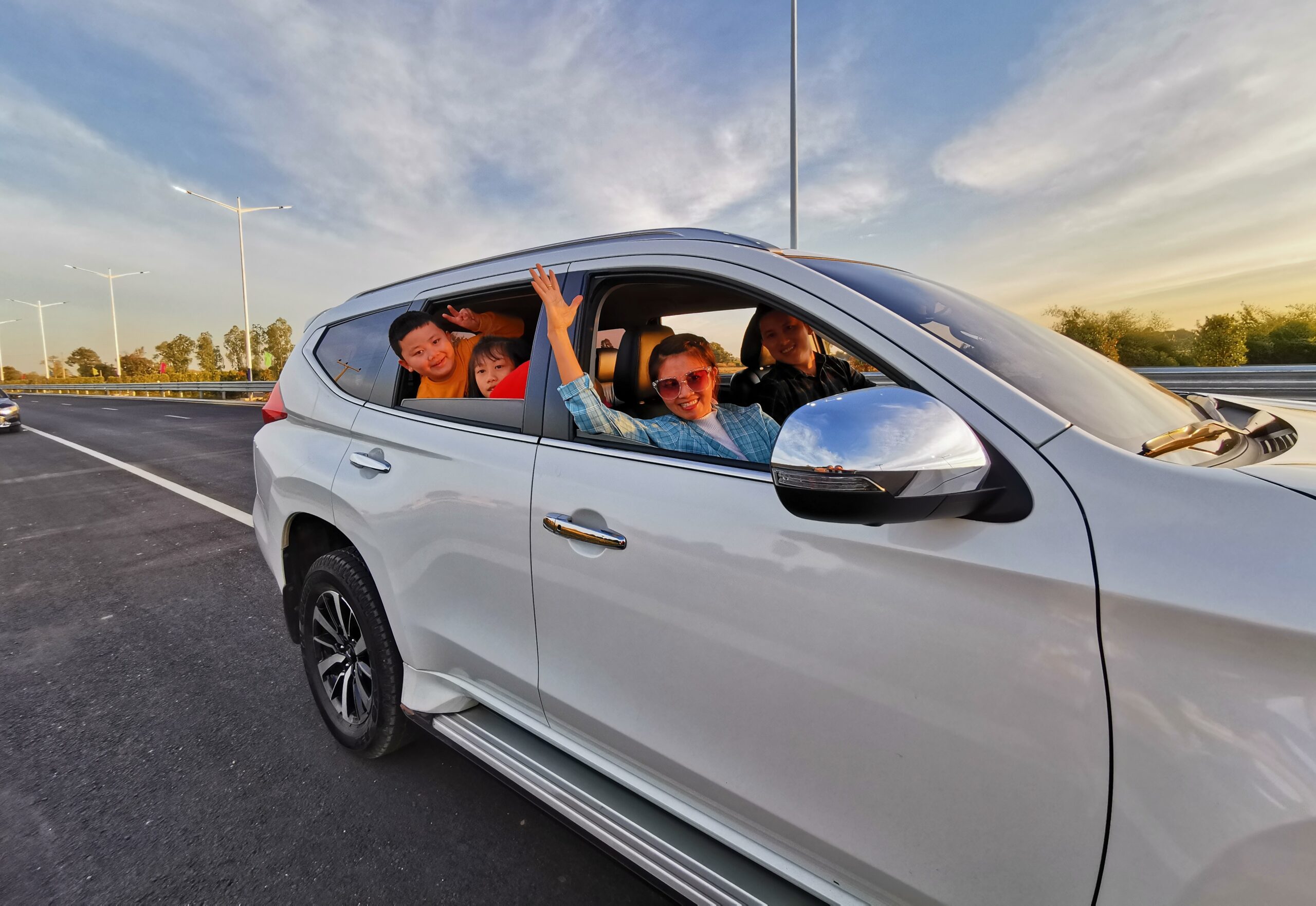
ICT technologies are playing an increasingly important role in transportation and other industries, providing the better security system and convenience for people’s lives, and it is providing a tremendous impetus for social development that we can look forward to a fully connected intelligent life.
—End—
